Poker study can be intimidating for newbies. For many beginner players, understanding the poker hand ranking rules can be challenging.
It's easy for a newbie player to get bogged down in poker strategy concepts like poker combos and c-betting.
Knowing the tips and tricks to studying will give you a head start at the tables.
So, what can you do to give yourself a jump-start?
Here are some tips from 888poker to get you going.
Choose The Right Way to Study Poker
If you're struggling to get your head around the game, don't worry - you're not alone. Many people struggle with learning the game because of their approach.
Some prefer to learn by watching others play and asking questions. This strategy might seem workable, but it typically ends in frustration.
So, what goes wrong?
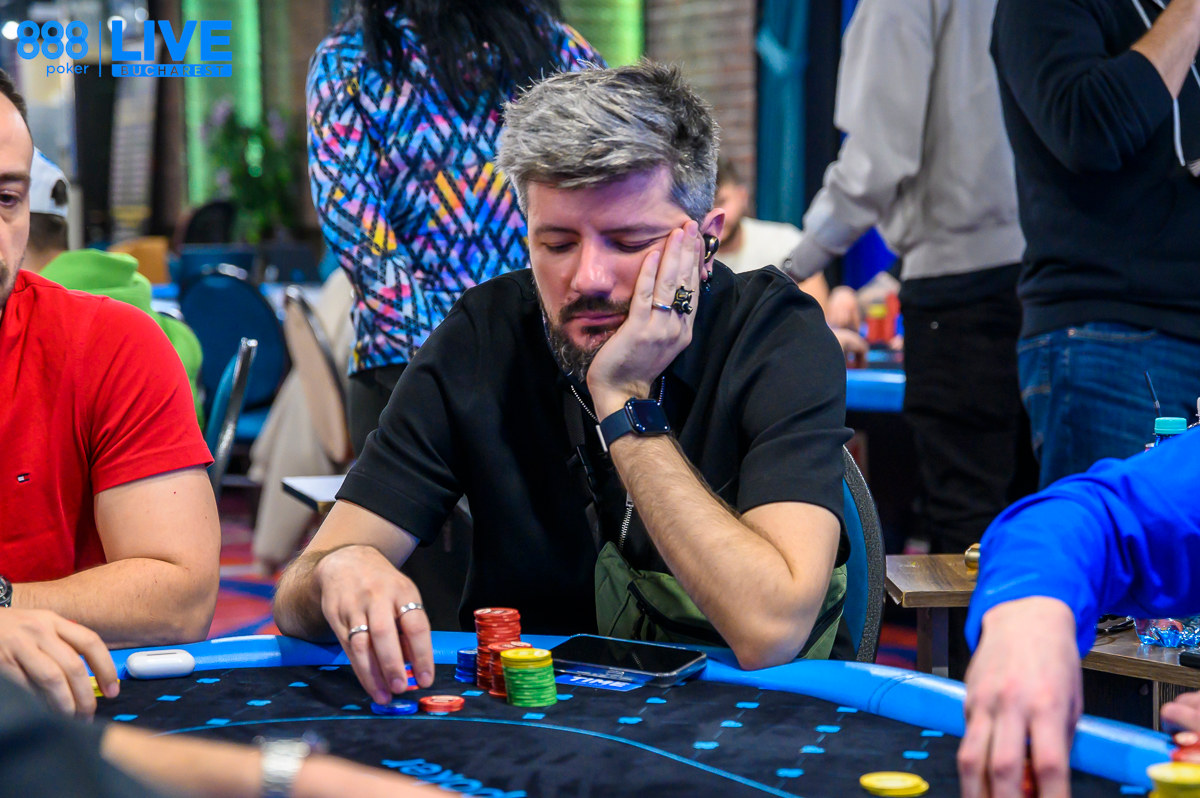
The main issue comes from a poor choice of learning resources. Watching others play exposes you to complex strategies. It's like trying to understand a language before learning its alphabet.
It's almost impossible to learn these complicated plays and execute them on the fly—even if you use a poker cheat sheet!
So, make sure you’re using resources that are right for your level.
You might expect cutting-edge strategies to accelerate your progress. But more often than not, they'll just give you a headache.
By all means, push yourself. But if you're struggling to follow something or having to Google every other word, you're probably looking at something too advanced. Set it aside and come back to it later.
The goal is to be somewhere between understanding everything and chewing your hand off in frustration. Anything else, and you're wasting time.

Hiring a professional coach is also a good option because they can assess your level objectively and provide appropriate material.
But so much high-quality information is free these days that it's not worth the expense while you're still a newbie.
Here are some places you can find good, free content:
- Articles: You can find many in this magazine
- Podcasts: I’d recommend Bart Hanson’s Crush Live Poker
- Poker Streams: You’ll find a variety on Twitch and
- YouTube Channels: Check out 888poker’s YouTube
- Social Media: The quality of social media content can vary, but they are an excellent way to get into other players' heads.
Keep Poker Study Simple
One of the most crucial things to remember when learning to play poker is to keep things simple.
Taking on too much strategy can be overwhelming. The more complicated stuff will make sense once you've learned the basics.
Ignore what you see on TV, even if it’s the cool poker lingo that brought you to the tables. Poker isn’t just about making audacious bluffs or watching beads of sweat rolling down someone's nose.
In fact, very little of it is. Instead, successful poker is about having good discipline and strong fundamentals.
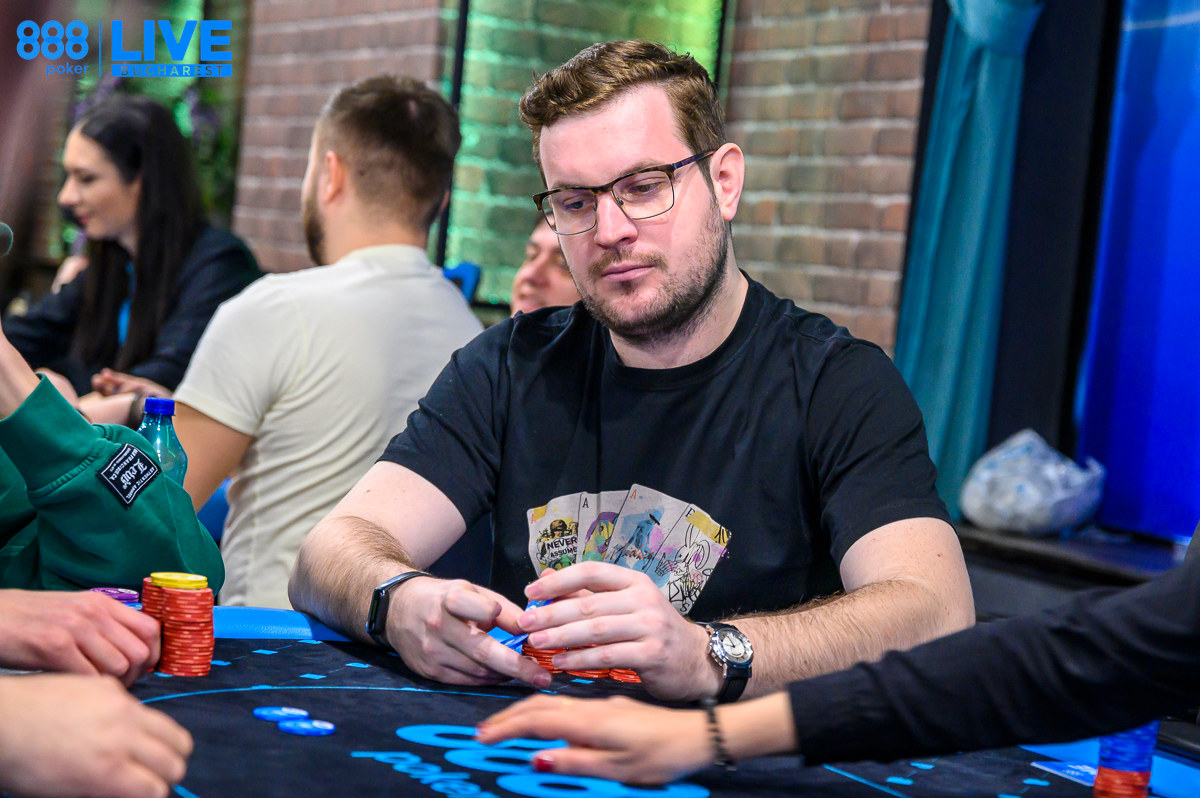
Losing players at every level often forget the discipline and strong fundamentals required. Many overlook the significance of decisions that seem small and inexpensive.
Focusing on the big pots in their review sessions is often a waste of time since these usually play themselves. Don't fall into the same trap.
Understand that fundamental decisions occur in almost every hand you play. The mistakes here add up to be quite expensive throughout a session.
- Focus on making yourself solid rather than flamboyant.
- Prioritise learning things like opening hand ranges, simple bet sizing strategies and some basic poker maths.
If you're disciplined enough, perfecting these simple strategies will be enough to compete at the smallest stakes, where you'll probably start your poker journey.
It will also help you develop good habits and have a solid foundation to build in more advanced strategies as you move up stakes.
Newbie Poker Study Focus Tip 💡
If you’re new to poker, put down your phone, turn off the TV, and go somewhere private.
You’re going to need to concentrate!
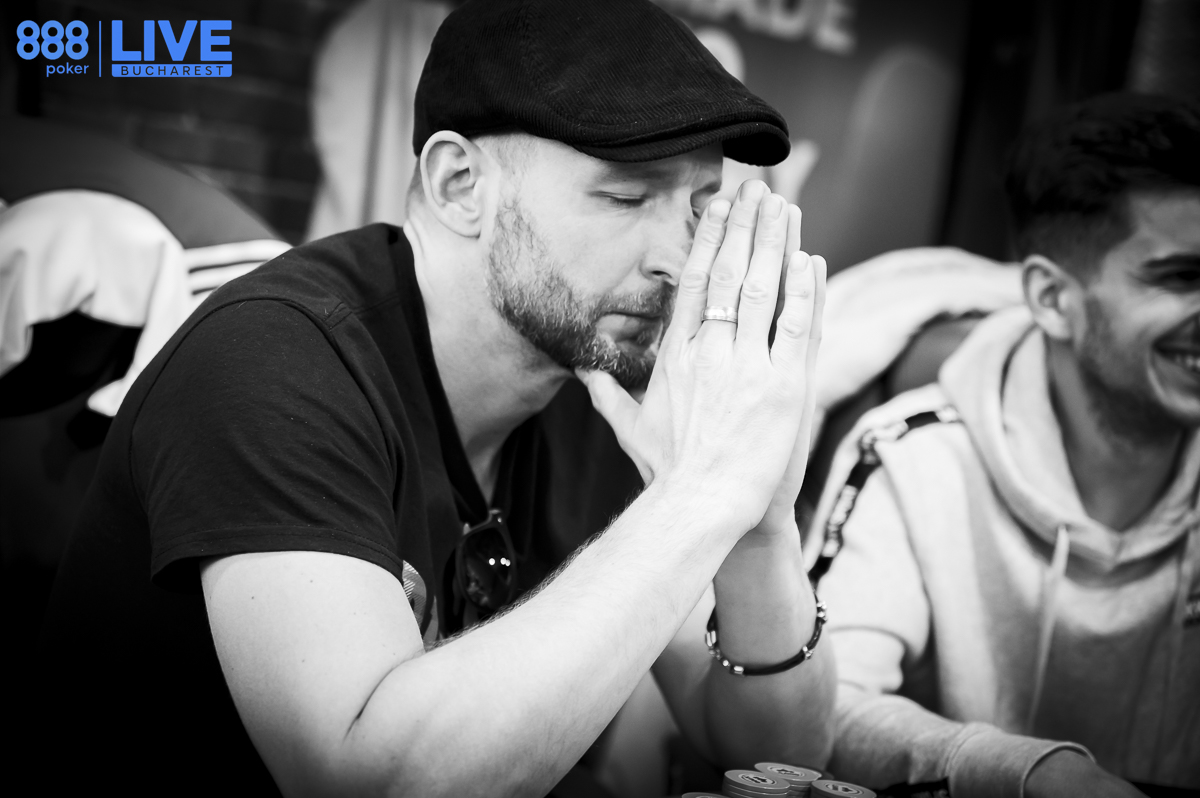
Try Not to Recreate Streamers’ Play
Poker streams are a great source of free coaching content. However, it’s essential to understand the whys of their plays before recreating them in your own game.
Learning poker is like learning a language: You start with the alphabet and a few essential words, then progress to sentences and beyond. Skipping a step is impossible, so you must be patient.
The players on-stream will already have a lot of experience and may have even played in world poker tournaments. As a result, many of their assumptions and strategies are unlikely to apply to your games and won’t be very effective.
Since many people are watching streamers, they must mix their play to remain unpredictable. They might make different decisions in identical situations.
You will have to do this yourself as you climb the stakes, but it can be very confusing when you first start learning poker.
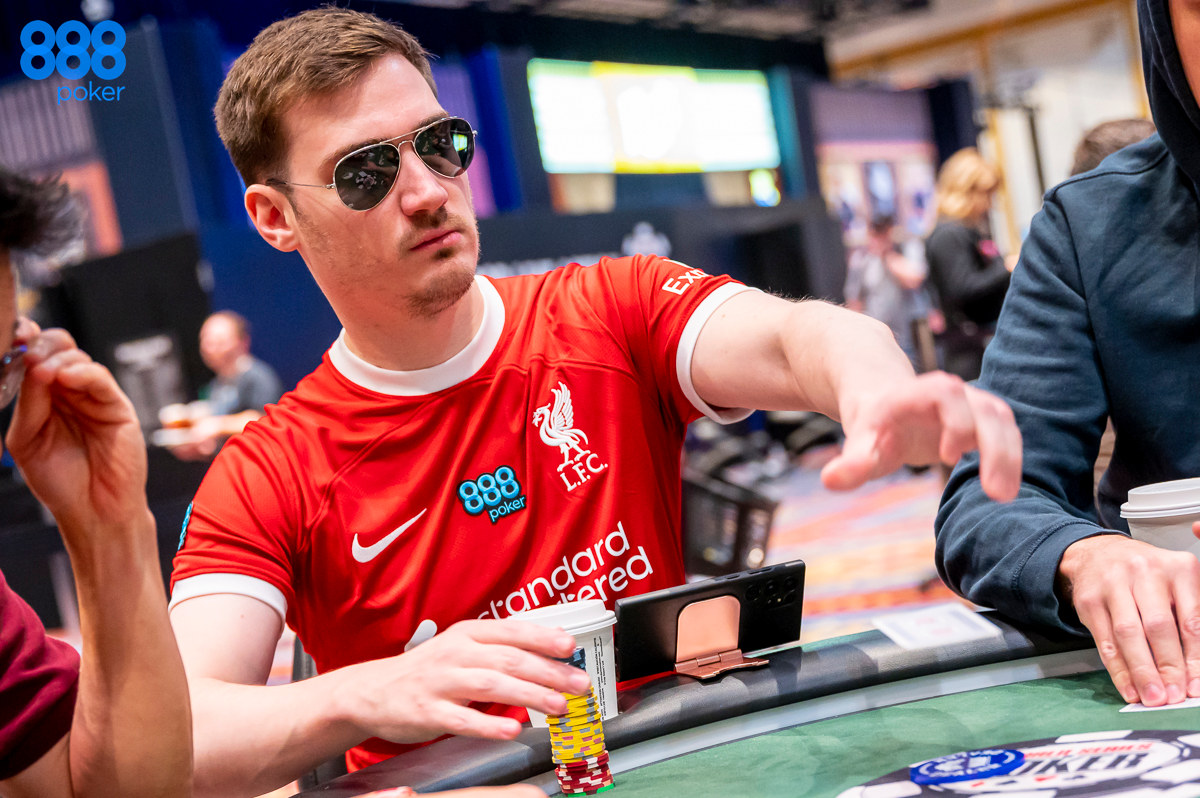
Your goal should be to keep things as simple as possible.
With that said, you can learn a lot from watching poker streams, so check them out.
Build a Poker Study Network
Finding a study buddy is another helpful way to develop faster. In the same way that working out with friends or personal trainers increases your likelihood of sticking to a gym routine, a poker study buddy can increase your productivity.
- In addition to adding some friendly competition, you can have valuable discussions and share material suited to your current level.
- You’ll be able to compare results and share strategies that are working, too, since they’re likely to be comparable.
Try to work with someone slightly better than you if possible.
You can benefit from their superior skill without the risk of being overwhelmed by overly advanced terminology.
Hit the Tables Quickly

Although there is a lot of downtime between hands, you must decide pretty quickly during your turn. You can’t simulate this scenario elsewhere. So, it’s a good idea to hop into a game as soon as you can.
While studying some basic theory before you take the plunge is sensible, you can be slow and thorough in the poker lab. You won’t have this luxury in a real game.
- You’ll need to learn to make quick decisions if you want to be successful, especially if you play online.
- You can only develop this skill with practice. So, hopping into the action as soon as possible is the best way to get up to speed.
Real poker comes with a lot of pressure. In addition to the time constraint, your decisions will have immediate financial repercussions, and there’s always the risk of looking stupid.
This information overload can make your head spin at first. You’ll probably find that you time out often or your mind goes blank during a hand.
Don’t worry too much. It’s just part of the process.
Thankfully, the ability to stay calm under pressure will come with practice.
It’s one of the many poker skills you’ll develop that will give you an edge in the real world.
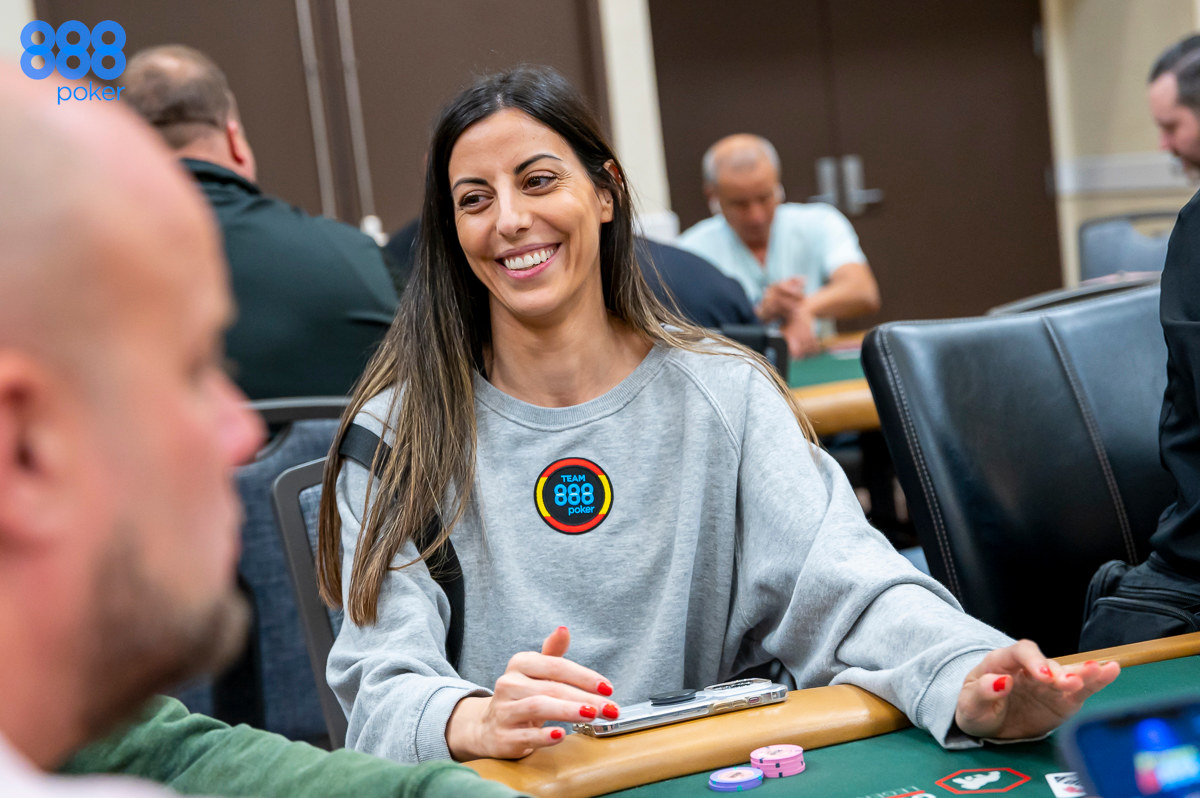
Don’t Waste Time with Play Money
It can be tempting to practice in play money games at first. But once you understand the blinds and how a hand plays, with a few hours of experience, you should move away from them.
While you won’t lose any cash in a play money game, no pressure or risk is involved. So, people don’t take the games seriously, unlike if they were interested in finding where to play poker in Vegas.
True poker only works if there is something to lose, which means these games don’t reflect what a real poker game is like.
Doing well in play money games will build a false sense of security. You won’t learn much that you can apply to real money games.
Understand That You’re Going to Lose at First
Poker is a fun game, but it is also pretty complicated. You might be lucky enough to benefit from a dose of beginner’s luck. But poker is a skill game in the long term, so you’ll probably lose money first.
You can mitigate this by getting to grips with the basics before you start. However, there are more potential poker situations in the universe than atoms, so covering them all is impossible.
Don’t let the fear of losing hold you back, however.
Playing is an integral part of the learning process.
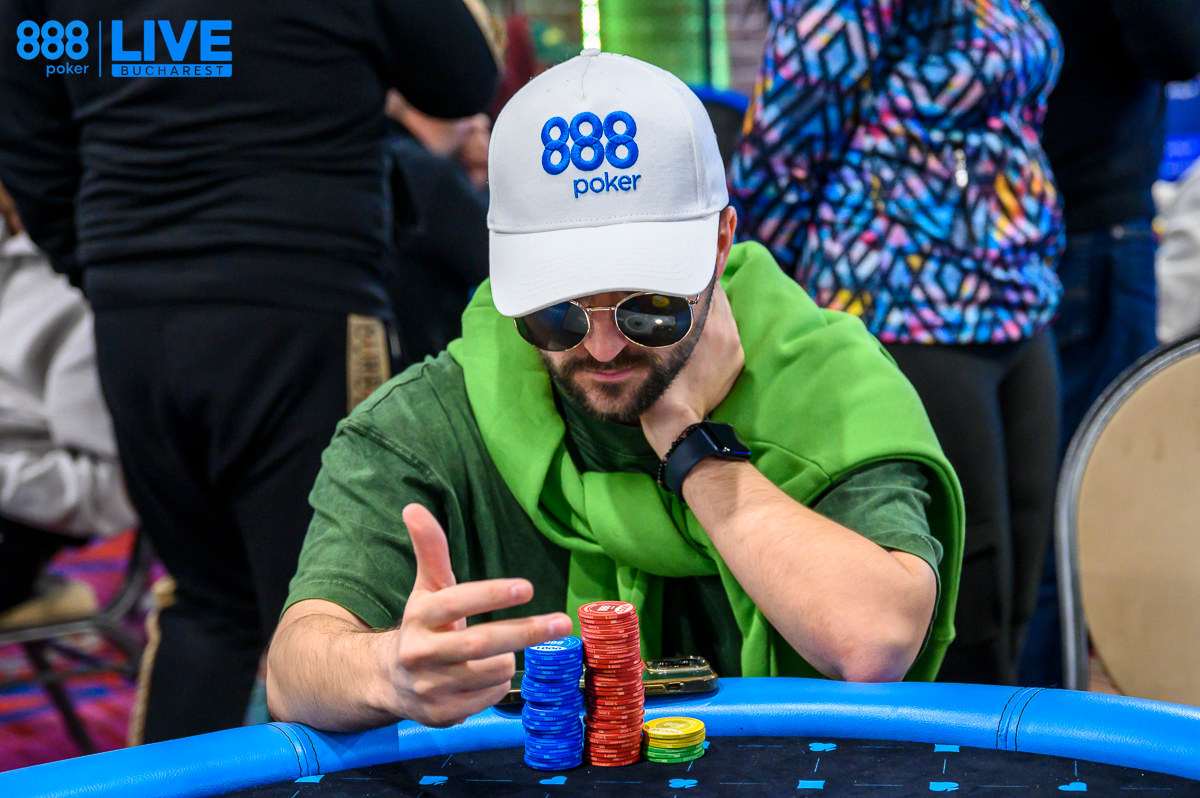
So, when you hop into a game, it’s best to accept that you will be one of the weaker players in any pool you play. Keep the stakes as small as possible.
The micro stakes, as we call them, aren’t very sexy, but the standards are surprisingly high.
You’ll get a lot of useful experience and a lot of action there.
Whatever stakes you start at, however, remember that if things don’t go your way at first, it’s normal. It’s best to consider any losses you might incur, like a club membership or an upfront equipment cost you’d have to pay in another sport.
Unfortunately, losing is a rite of passage. But, with low stakes, the damage shouldn’t be too terrible.
Playing Strong Hands Is Basis of Poker Study
We've stressed the need to keep things as simple as possible when first playing poker. This tip is primarily to make the bombardment of information easier to process.
Thankfully, you can make poker far less complicated by waiting for strong starting hands to play. Strong hands are pairs, big cards and big aces.
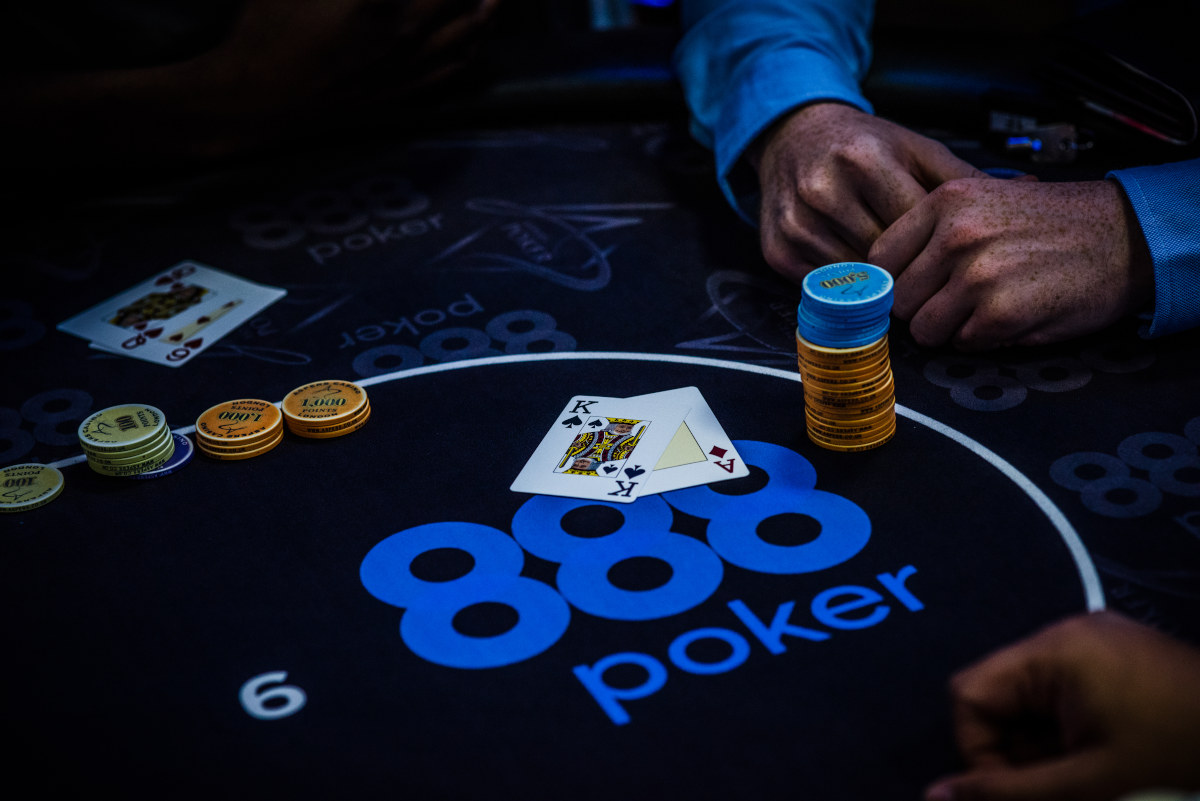
Waiting for them is a good plan because they perform better than weaker ones on a post-flop poker board, making your decisions easier.
Simpler decisions mean fewer mistakes, and fewer mistakes mean fewer losses.
For example, a strong hand like KQ will flop a pair or better just as often as hands like 67o, A4o and 45s. But the high card value means it's more likely to flop a 'top-pair', which is easier to play than a second or third pair.
On a board of Q83, for example, KQ can bet or call comfortably and is unlikely to get bluffed.
The same can't be said about a hand like 78o, which will be much more challenging to play.
Unfortunately, strong starting hands don't come around very often, so impatience and boredom get the better of most new players. They lose money playing bad hands in situations they shouldn't even be in.
It's understandable.
Poker is a wild, fun game, and only weirdos and origami fans get excited about folding, right?
In practice, poker is the calm repeatedly interrupted by brief moments of chaos.
As a poker newbie, playing strong hands should be your default strategy. It will make things easier and give you more time to observe your opponents and reflect on your play.
You'll have to be patient, and the waiting can be intensely boring. But discipline is an essential poker skill, so it's all good practice.
Thankfully, you can start playing more hands later as you improve. Until then, remember "tight is right", and good luck on your new poker journey.


